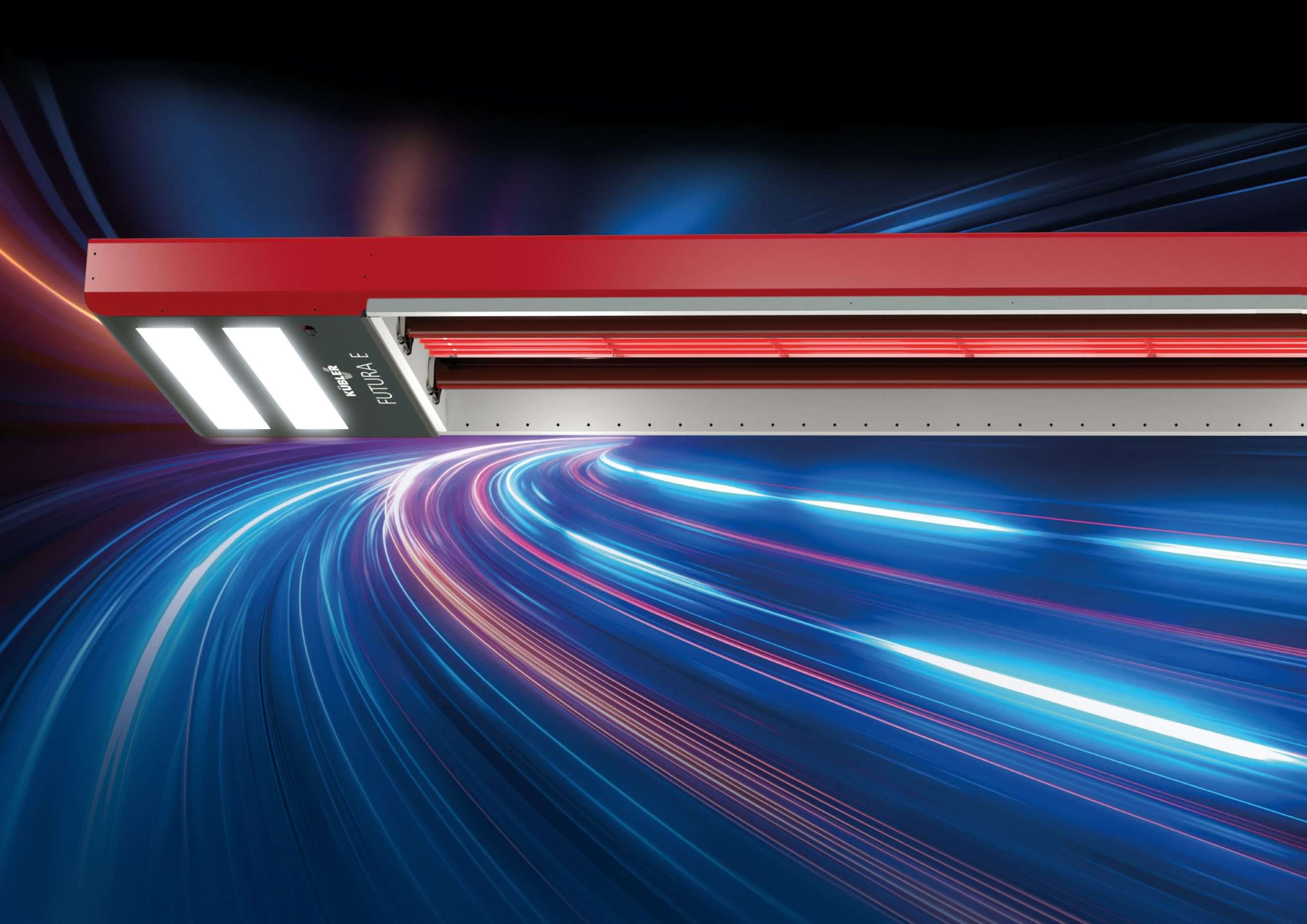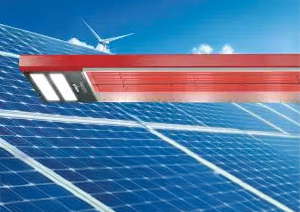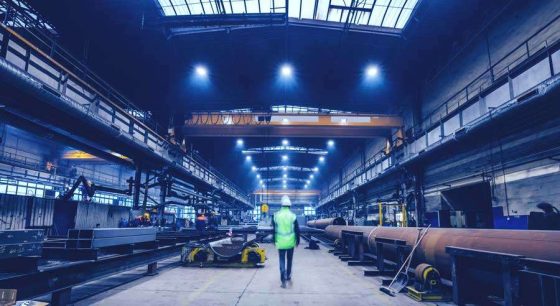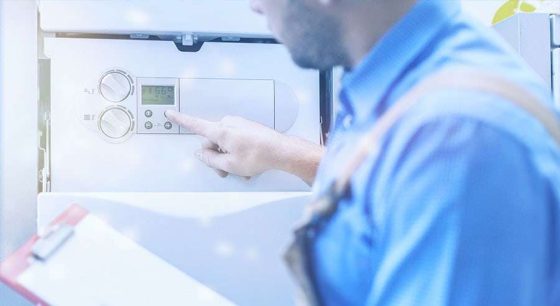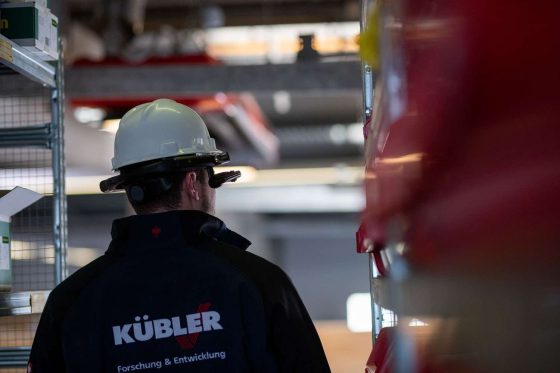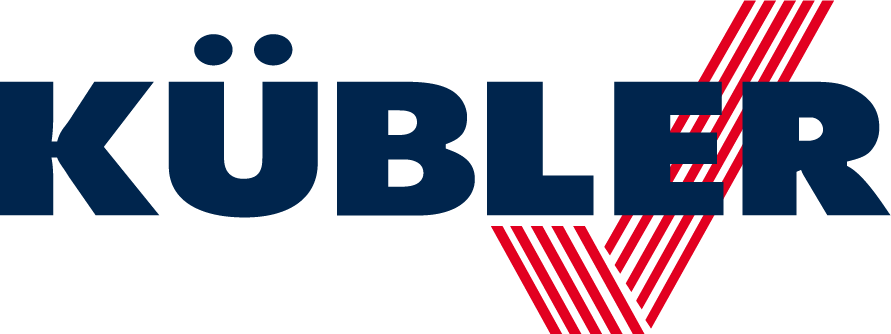Reduce sick leave - increase productivity

The problem: Heating systems commonly used in production halls or warehouses blow warm air into the work areas. This not only stirs up dust and disperses aerosols, but also creates an unpleasant working atmosphere. It is not uncommon for sauna conditions to prevail in the immediate vicinity of the blowers and it can often be observed that people work in T-shirts under these conditions, even if the temperature outside is below zero. But no one puts on a jacket when the gate is open or when a quick walk across the yard is required.
One of Europe's leading manufacturers of precision chains in North Rhine-Westphalia regularly struggled with this problem in winter. The solution emerged as a side effect after the decision had actually been made to install a new, energy-saving hall heating system for economic reasons. This not only reduced the previously enormously high energy costs, but also significantly optimized heating comfort. This is because the infrared technology used ensures a pleasant, uniform and draught-free working climate in the hall buildings. In addition, the temperature can be precisely controlled, for example to a working temperature of 18 °C in the production area. Employees in production now work in seasonally appropriate clothing and absenteeism due to illness has fallen measurably.
If you would like to find out more about reducing sick leave and these heating solutions, please contact Contact us on.
By the way: The next Hot tip around the topic Hall building & energy efficiency we'll tell you next time.
-
Room volume, employee requirements, climate protection targets, heating costs and, and, and: When choosing the right heating system for your halls, you need to consider a whole range of factors. Read this article to find out what these are in detail and how you can master these challenges with a modern system.
-
When production is running in the run-up to Christmas, nobody has time for heating control. The main thing is that it is nice and warm in the hall. Once set, the heating runs for the specified operating times.
-
Climate protection remains highly relevant for the new German government. The previous climate targets are confirmed - in the full knowledge that global warming is a global problem and that the international community must work together to solve it. Climate protection should bring together economic competitiveness and social balance, with a focus on innovation. What is important is the commitment that Germany will remain an industrialized country and at the same time be climate-neutral [...]
-
New gas heating quickly in 2023 - often the cheapest decision that also pays off for the environmentThe BMWK is currently causing a stir with a draft bill. This is because it involves a categorical ban on gas heating systems. According to the plan, from 2024, only heating systems powered by 65 % renewable energies may be used. Formally, this can only be heat pumps, district heating or biomass heating. This raises the question: what about the openness of technology in Germany? And who should pay for it? Decentralized gas-powered heating systems are often the only economically and functionally viable solutions, especially in hall buildings.
